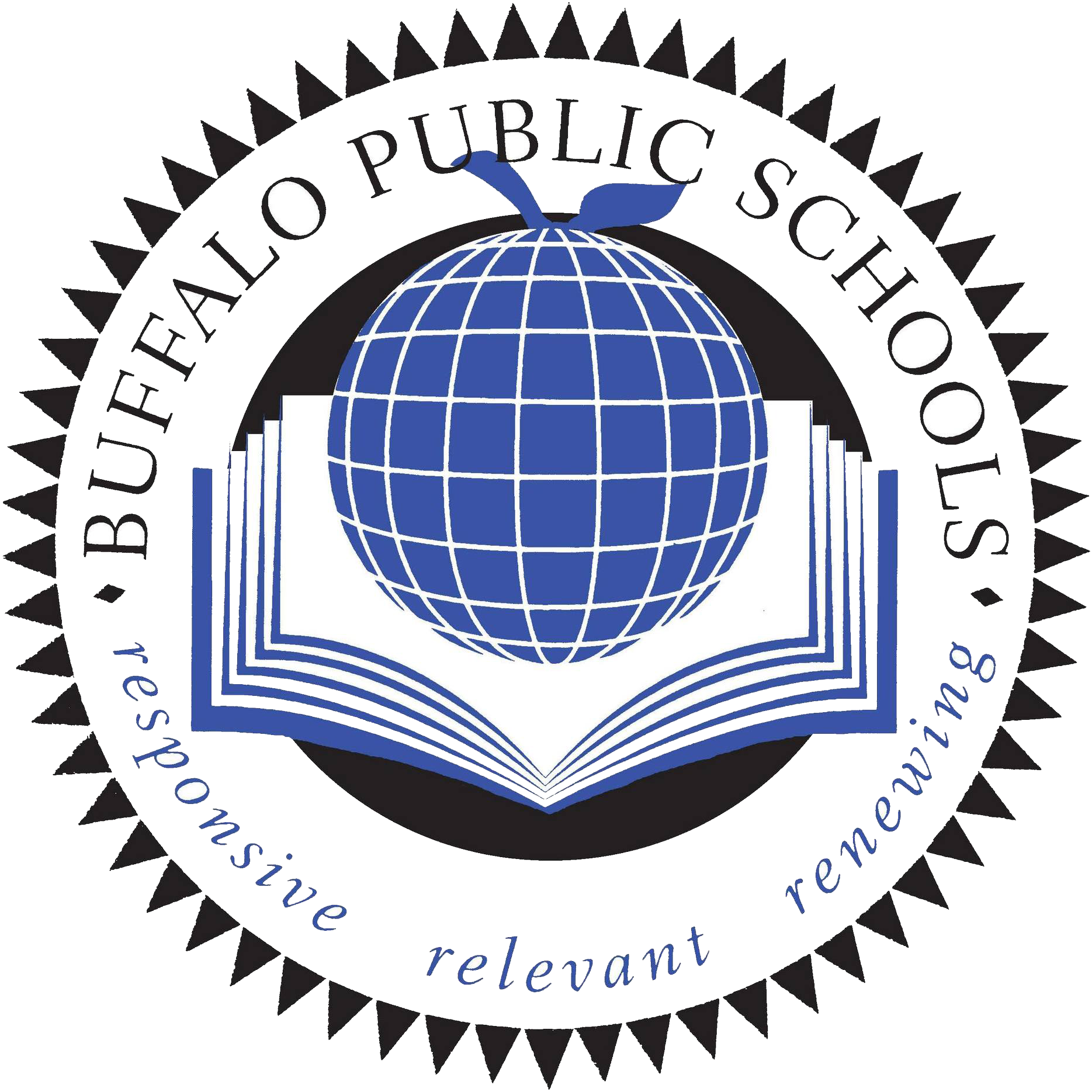Career & Technical Education | CTE

Mission
The Buffalo Schools Career & Technical Education Department is dedicated to offering all students world-class career programming related to our regional labor market needs and trends. These programs will integrate academics with rigorous technical skills that provide a quality pathway to workplace success while fostering professional attitudes and workforce behaviors. Students will be offered interactive experiences inclusive of project-based learning, internships, job shadowing, and other work-based learning opportunities.
Vision
The Career & Technical Education Department's vision is to maintain its world-class offerings of career programming. This programming will continue to solidify our culture of rigor, relevance, and relationships. The strength of our rigor will be built upon fundamental teaching. The relevance will be seen in our real-world simulations and engagement. Our relationships with all stakeholders will ensure that we are aligned with evolving trends and demands in the workplace. With the strategic implementation of these cultural values, our students will acquire the skills to prepare them for college and/or careers.
